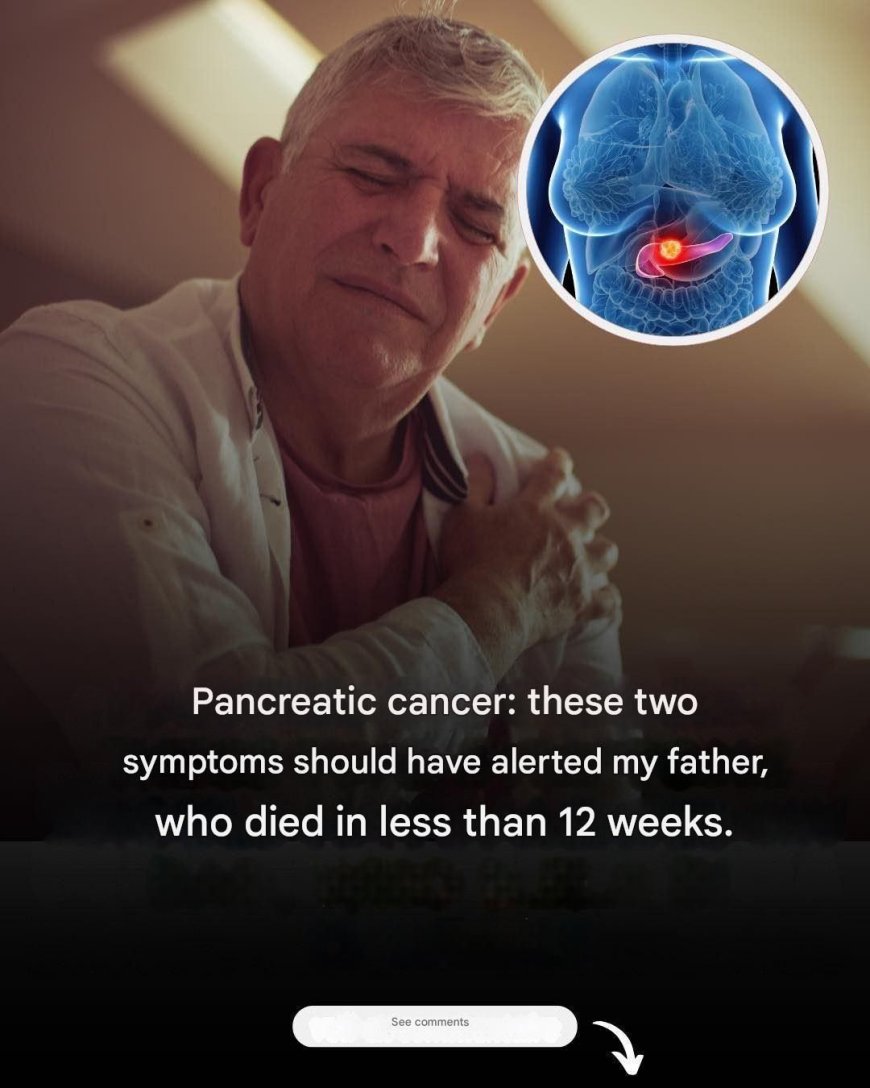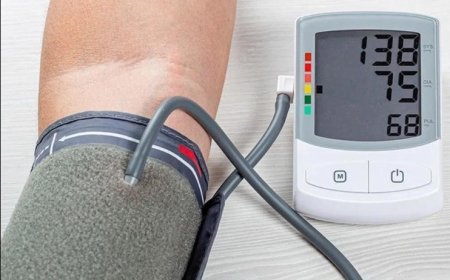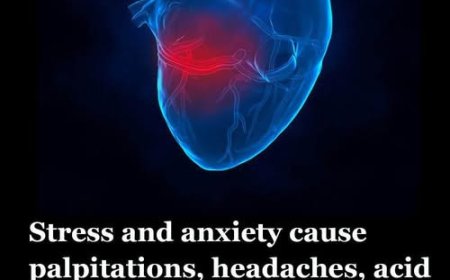Pancreatic cancer: two early signs of an often fatal cancer
Pancreatic cancer is one of the most aggressive and deadly forms of cancer, often earning the grim nickname “the silent killer.” It develops quietly, showing few or no symptoms in its early stages, which makes timely diagnosis extremely difficult. By the time it is discovered, the disease has often already spread beyond the point of surgical treatment, leaving limited options for recovery. What makes pancreatic cancer particularly dangerous is its subtle ons
1.
Pancreatic cancer: two early signs of an often fatal cancer
Twelve weeks. That's all it took for pancreatic cancer, one of the deadliest in the world, to take my father. It's known as the silent killer: it develops discreetly, with few symptoms at first, until it's too late to do anything.
A silent and aggressive cancer
Pancreatic cancer receives little media attention compared to lung, breast, or colon cancer, yet it ranks among the most serious. In France, nearly 16,000 new cases are diagnosed each year, according to Public Health France (2023). Worldwide, its incidence is increasing by 2 to 3% annually , and the 5-year survival rate remains below 10% .
Diagnosis is often made too late: the average age at detection is 71 for men and 74 for women. In more than three-quarters of cases, the tumor is already inoperable. Only complete surgical removal offers a real chance of survival, hence the importance of early detection.
The two signs we ignored
Persistent abdominal or back pain
My father complained of back pain, which he attributed to his posture and
age. But the pain became more persistent, spreading to his upper abdomen, and was more intense at night or after meals. This type of dull, constant, or radiating pain, especially if it worsens over time, is often an early sign of pancreatic cancer. Unfortunately, it is frequently mistaken for minor digestive or muscular problems.
Rapid and unexplained weight loss
In just three weeks, he had lost over five kilos without dieting or any particular effort. His appetite had disappeared, and he was feeling increasingly tired. We thought it was due to stress. In reality, the cancer was disrupting the digestive function of his pancreas, preventing the proper absorption of nutrients. Sudden weight loss without a clear cause is always a medical warning sign.
Other signs to watch out for
Although pain and weight loss are the most characteristic, other symptoms may also appear:
Jaundice (yellowing of the skin and eyes) due to bile obstruction
Persistent chronic fatigue despite rest
Nausea, bloating, indigestion after meals
Light-colored stools or dark urine
Diabetes of recent onset after age 50 without apparent cause
Taken separately, these signs may seem harmless, but together they should prompt a consultation.
Who is most at risk?
Age: the majority of cases occur after age 60
Smoking: doubles the risk, approximately 25% of cases are linked to it
Tap the p.hoto to v.iew the full r.ecipe.



























